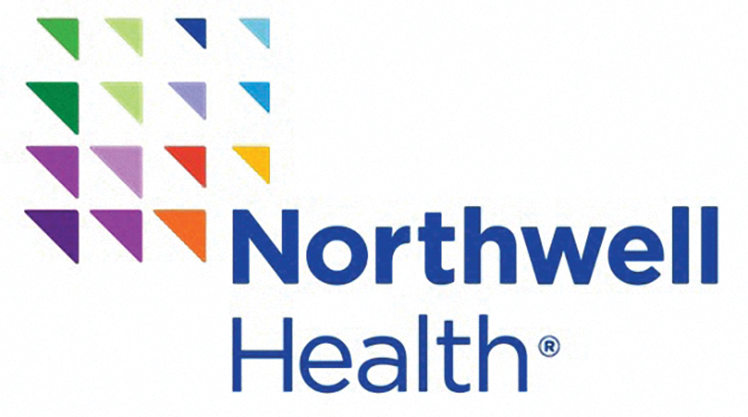- Home
- Media Kit
- Current Issue
- Past Issues
- Ad Specs-Submission
- Ad Print Settings
- Reprints (PDF)
- Photo Specifications (PDF)
- Contact Us


![]()
ONLINE

Connecting Ambulatory
to the Hospital
Editors’ Note
Emily Kao has held her current post since 2014. Prior to this, she held the roles of Vice President Business Development, Associate Executive Director and Assistant Executive Director for North Shore University Hospital/Long Island Jewish Medical Center. She received her master’s degree in clinical pharmacy from St. John’s University and her M.B.A. in health service management from Hofstra University.
Having joined what is now Northwell Health in 1985, what has made it a place where you have wanted to spend your career?
I felt the health system was very progressive and innovative. They were always doing new things, stretching our capabilities and giving us diverse opportunities.
Will you discuss your role and how you focus your efforts?
As the VP for Service Line, I oversee surgery and urology. My primary responsibility is to collaborate with the chairs of surgery and urology to build and expand programs, gain market shares and build physician relationships so it will be a more integrated group. We have over 150 faculty surgeons and 30 urologists.
How close is the coordination from hospital to hospital and how important is it to have a collaborative culture?
It’s one of the key focuses of my job: connecting our ambulatory practices to our hospitals across the health system. The outpatient care we deliver is the foundation to drive volume to the hospitals and we work closely with the executive directors of our hospitals and our regional executive directors to align what is important to them. We help each other succeed by growing specific programs in the different regions that differentiates us from the other health systems. An example of this is our system’s commitment in developing the heart and liver transplant in addition to our kidney transplant program at North Shore University Hospital.
How critical is innovation for the health system?
Innovation is part of the DNA of our healthcare system. We don’t settle for how we’ve run things in the past, even if we’ve been successful. We’re always trying to stretch our limits and think outside the box. We are always looking at our operations differently and finding new solutions to improve patient outcomes. Recently, our surgeons performed the first robotic nipple-sparing mastectomy and breast reconstruction in the US. This surgery is performed as an investigational study under straight protocols. This groundbreaking procedure allows patients to have less scarring and shorter hospital stays. This kind of work will help many patients in the future.
How important is it to maintain the doctor/patient relationship?
Patients are and should be the center of care. Although we can focus on adapting new technologies that are available, we need to make sure that our patients still feel that personal touch.
At day’s end, doctors have to treat patients like family if we expect them to return for future services. We are getting better but still have room for improvement.
What advice do you give to young people interested in a career in this industry?
Working in healthcare is a privilege. It’s up to each individual to always try their best, be compassionate with their patients and colleagues, have integrity, and be motivated by values that always put the patient’s best interests first. The patient must always be at the center of all that we do. Our mission as a health system is to promote better outcomes for patients and improve the health of the communities we serve.![]()